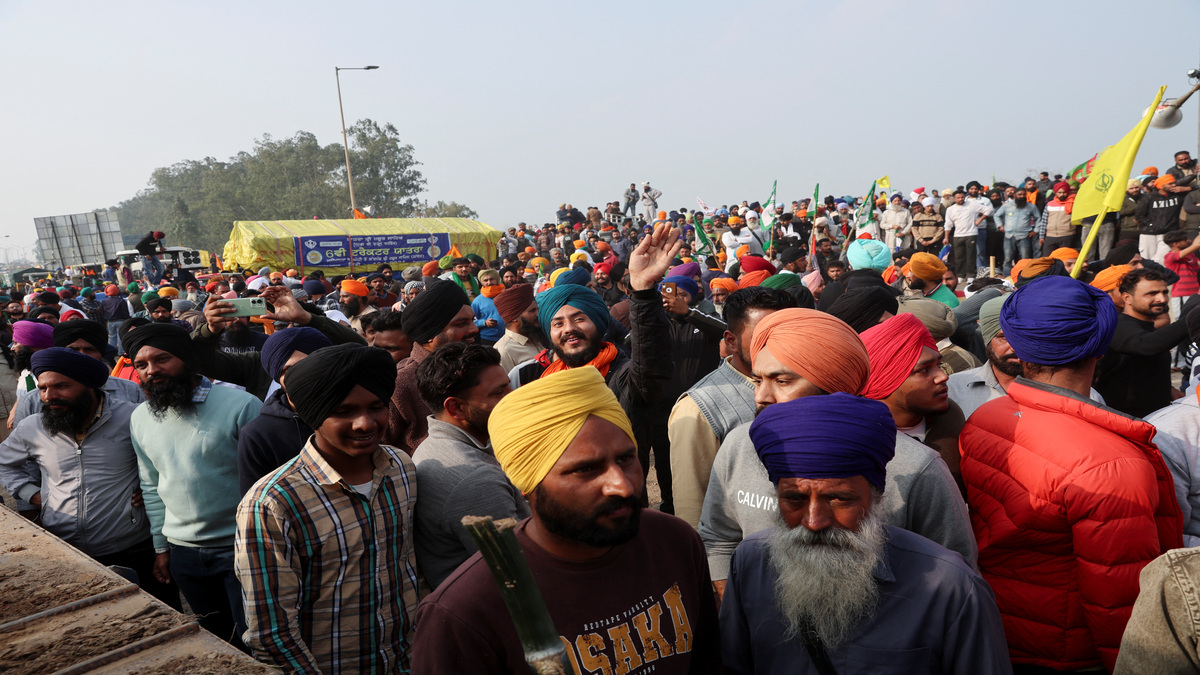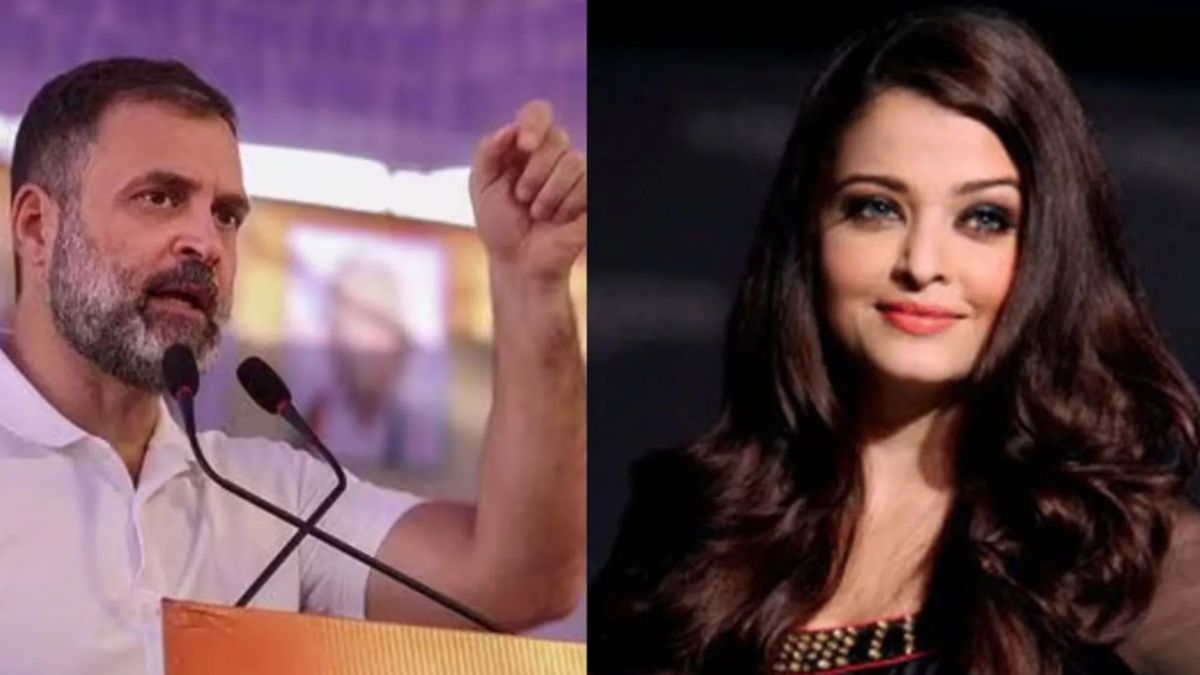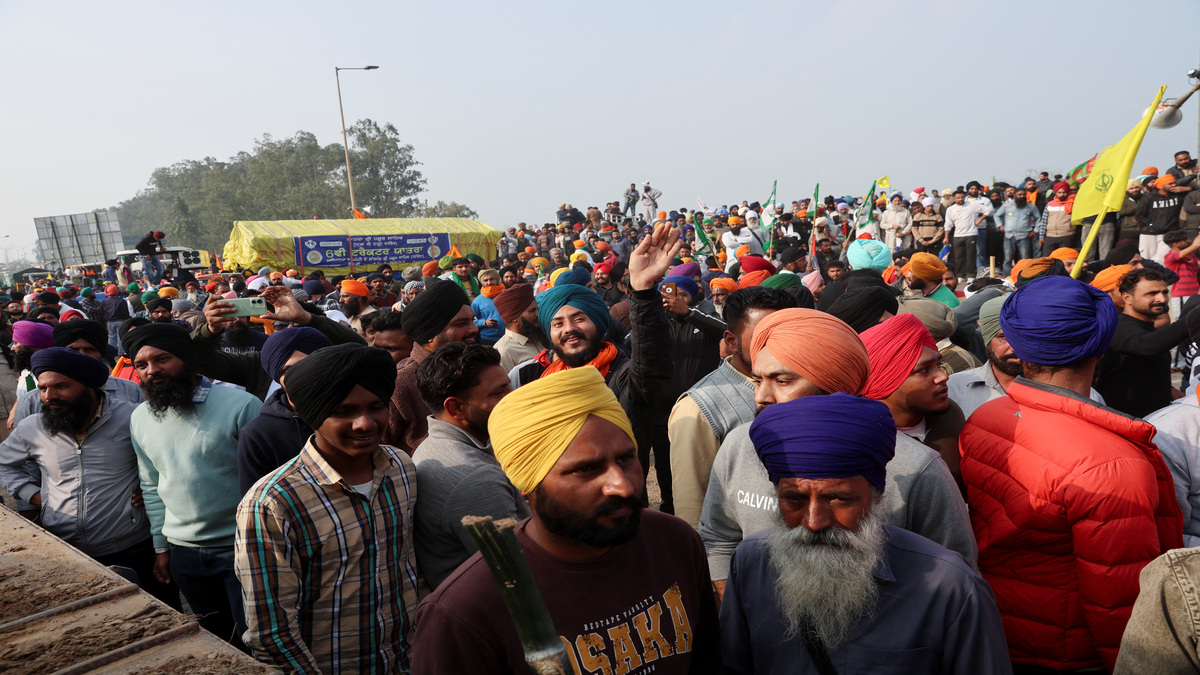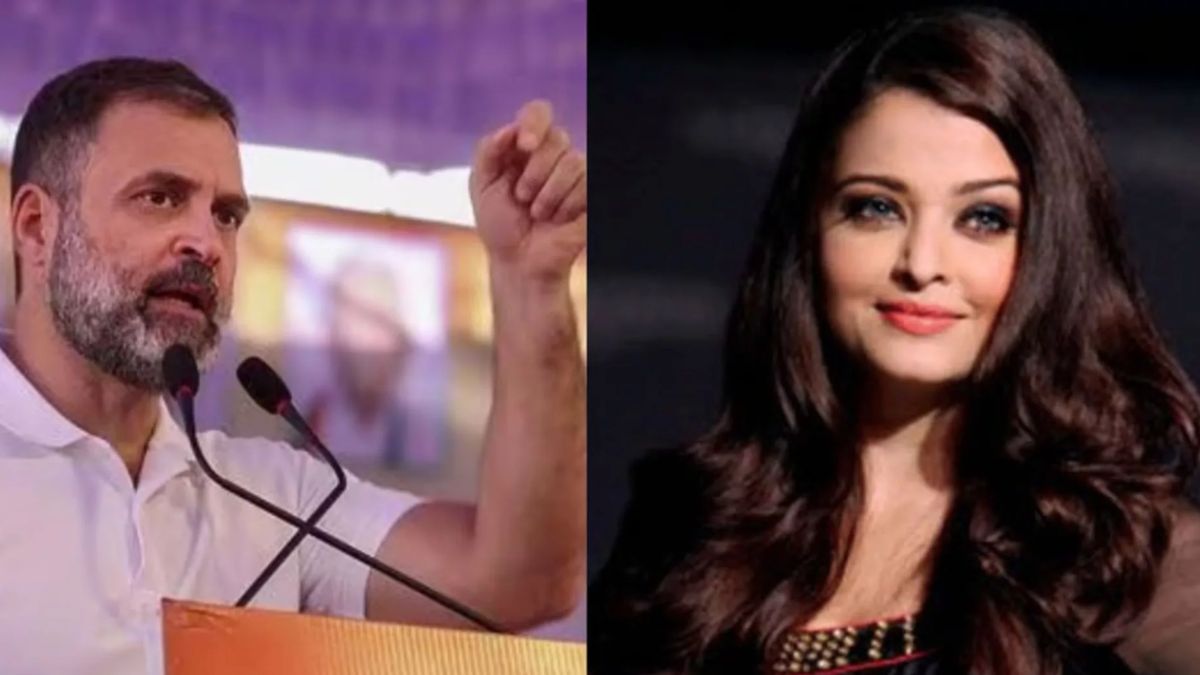Can you recall Girdhar Gamang, the former Orissa chief minister whose single vote toppled the Atal Bihari Vajpayee government in 1999? Gamang, a Lok Sabha member, was sworn in as chief minister without being elected to the state assembly. He was legally right but was justly accused of moral impropriety for participating in a no-confidence vote against the Vajpayee government. As a result the government fell.
But Vajpayee also stood to gain. The combination of a scheming Sonia Gandhi-led Congress and conspiratorial J Jayalalitha could not get traction in the subsequent election, as Vajpayee won again and lasted for a full term. But hard lessons of morality and ethics are always expendable at the altar of political pragmatism.
The BJP’s penchant for this kind of pragmatism is evident all through the Uttarakhand crisis. There is little doubt that Chief Minister Harish Rawat lost support of the majority of legislators when his nine MLAs revolted against him. But that was an internal crisis of the Congress party, and the Centre had no role to fish in the troubled water.
The BJP sensed the kill and went for the jugular. Those within the party and acquainted with the affairs admit that the party leadership gave a go ahead to bring down the government, as the slang goes, ‘by hook or by crook’. Circumstances prove that there was no dearth of inducement even from the BJP’s side.
At the same time, enough pressure was put on Governor KK Paul and mandarins of the North block to fall in line with the BJP leadership’s gameplan. After a brief resistance, they found it futile and gave in.
A misplaced euphoria seems to have gripped the BJP after Wednesday’s verdict by a division bench of the Nainital High Court, that stayed the floor test scheduled for Thursday by a single member bench of the same court. Obviously, it is nobody’s argument that the Congress emerged out with flying colours in the entire crisis.
The manner in which the Rawat government used the institution of the speaker to muffle the dissent and suspend nine rebel legislators in violation of the law only confirmed the party’s scant regard for principled approach to politics.
The Congress is evidently weighed with too much internal contradictions to collapse under its own weight. What is particularly galling is the manner in which the Centre acted as partisan to accentuate the contradictions.
The detailed order of the single member judge of the Nainital High court was apparently justified in deciding to hold the floor test to ascertain the majority of the government. The Supreme Court had clearly laid down the grounds in the landmark SR Bommai case for ascertaining the majority.
Though the court cannot scrutinize the decision of the President, it can certainly evaluate the material on the basis of which the decision to invoke the President’s Rule is arrived at. What is curious is the fact that though the Centre has consistently maintained that the article 356 was invoked following the Governor’s report, the union government has still not made that report available to the court.
On the other hand, the Centre has been raising objections over a perceived “incongruity” in the court’s first order that calls for the floor test. According to the Centre, with the imposition of the President’s Rule, once the state assembly is put under “suspended animation”, it cannot be revived. Though the Centre’s position might be constitutionally correct, the first Nainital court apparently adheres to the letter and spirit of the SR Bommai judgment, which allows the court to evaluate the material on the basis of which the President’s decision was taken. In this particular case, according the Bommai judgment, the government’s majority can only be tested on the floor of the house.
In comparison to the Uttrakhand case, the Allahabad High Court’s decision to hold the composite floor test in Jagdambika Pal case in 1998 was literally beyond the provision under the constitution. Pal was appointed as chief minister after sacking Kalyan Singh by Governor Romesh Bhandari. Atal Behari Vajpayee went on an indefinite fast in protest.
However, the court intervened and called for a floor test in which Kalyan Singh and Pal sat by the side of the speaker, following which Singh won and was elected as chief minister.
For the first time in the history of India, a new way of appointment of the chief minister was evolved through the court’s order. Since the BJP was the biggest beneficiary of the decision, the party hailed the court’s direction.
There are many instances which indicate that the BJP cleverly shifts the goal post on morality. In such a situation, it would not be wrong to assume that Modi’s carefully cultivated image of promoting federalism in the country has been grossly undermined.
Political exigencies of the BJP are clearly taking a toll on ethical governance. As the BJP acquires predatory instincts and dictates the agenda of governance, it appears hardly distinguishable from the Congress. Perhaps the more things change, the more they stay the same.


)




)
)
)
)
)
)
)
)